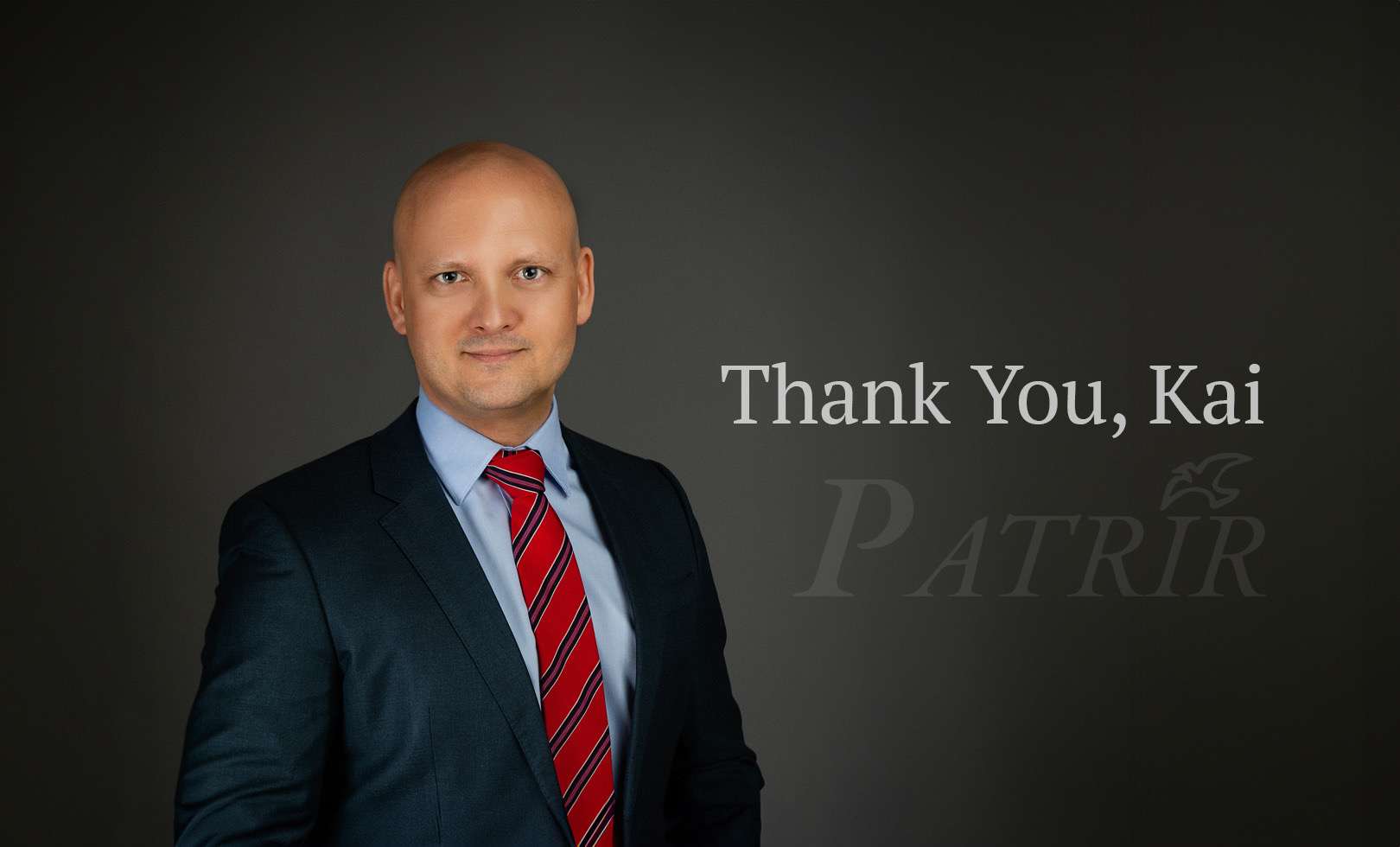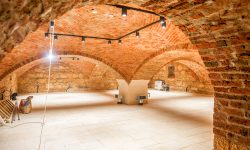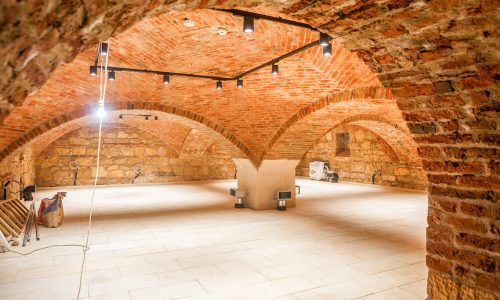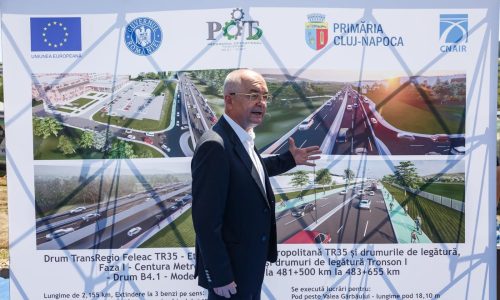
Cluj-Napoca’s internationally renowned Peace Action, Training and Research Institute of Romania (PATRIR) is marking the end of an era as Kai Brand-Jacobsen, its visionary founder and long-time President, steps down after over two decades at the helm. As of the International Day of Nonviolence, PATRIR announced that Jacobsen will be stepping aside, concluding a remarkable 23-year tenure that has left an indelible mark on the world of peacebuilding.
Kai Brand-Jacobsen, who co-founded Romania’s first Peace Institute in 2001, has been a beacon of hope and a driving force in advancing peacebuilding, conflict transformation, and social justice both in Romania and globally. His influence has grown PATRIR into a globally recognised organisation, renowned for its dedication to addressing violence and conflict in some of the world’s most challenging regions.
A Legacy of Global Peacebuilding
Jacobsen’s work over the past two decades has been transformative, not only for the institute but for peacebuilding initiatives worldwide. Under his leadership, PATRIR expanded its reach far beyond Romania, engaging in conflict zones across continents from Africa and Asia to the Middle East and Latin America. His visionary approach has seen the institute become an authoritative voice in addressing the root causes of violence through innovative and inclusive methods.
As President of PATRIR, Jacobsen championed women’s and youth participation in peace processes and advocated for the community ownership of conflict resolution. This inclusive approach helped PATRIR build sustainable peace solutions by empowering those directly affected by conflict, a principle at the heart of Jacobsen’s philosophy.
The Cluj-based institute has also played a significant role in Romania, where its work has included efforts to combat gender-based violence, strengthen democratic participation, and foster social inclusion. Jacobsen’s leadership saw PATRIR tackle not only global conflict zones but also local issues, reinforcing its role as a vital player in the country’s social development.
Building a Legacy of Peace
Over the years, Jacobsen’s tireless efforts have created lasting partnerships with international organisations, governments, and civil society actors. His work has been pivotal in developing infrastructure for peace both at the EU level and globally, cementing PATRIR’s role as a leader in the peacebuilding field. Jacobsen’s vision of peace through collaboration and nonviolent action has empowered countless individuals, organisations, and governments to engage in conflict transformation with lasting impact.
In a statement, PATRIR expressed its gratitude for Jacobsen’s unwavering dedication, noting that his leadership has instilled values of transformative action, collaboration, and servant leadership in the organisation’s mission. “His contributions have empowered peace workers, governments, and international organisations to envision a world where peace is not only possible but achievable,” PATRIR noted, emphasising the profound influence of Jacobsen’s work.
Looking to the Future
Although Jacobsen is stepping down, the future of PATRIR remains bright. With a strong and vibrant team in place, the institute is committed to continuing its vital work. As the world faces increasing conflict and violence, PATRIR’s expertise is more needed than ever. The organisation reaffirmed its determination to work for peace through peaceful means and to be part of a global effort to build a better future.
PATRIR’s statement reflects both the gravity of Jacobsen’s departure and optimism for the future: “While Kai Brand-Jacobsen is stepping down from the leadership of the Institute, PATRIR will continue to advance authentic, lasting peace. Our determination to work for peace by peaceful means has never been greater.”
A Farewell, but Not the End
For Jacobsen, this is not the end of his work. While stepping down from his role at PATRIR, he is likely to continue his engagement in the global peacebuilding field. His contributions to the development of peace infrastructure, conflict transformation, and the protection of human rights have made a profound impact, and his influence will undoubtedly continue to shape the peacebuilding world in the years to come.
Cluj-Napoca and Romania can take pride in the fact that one of their own institutions has risen to such global prominence under the leadership of a visionary like Jacobsen. His departure marks the closing of one chapter, but the continued work of PATRIR will ensure that his legacy endures as the institute presses forward in its mission to build peace in an increasingly turbulent world.
As Cluj-Napoca bids farewell to a truly remarkable leader, the city can rest assured that PATRIR’s future, much like Jacobsen’s legacy, remains committed to the cause of peace.



